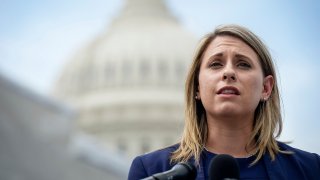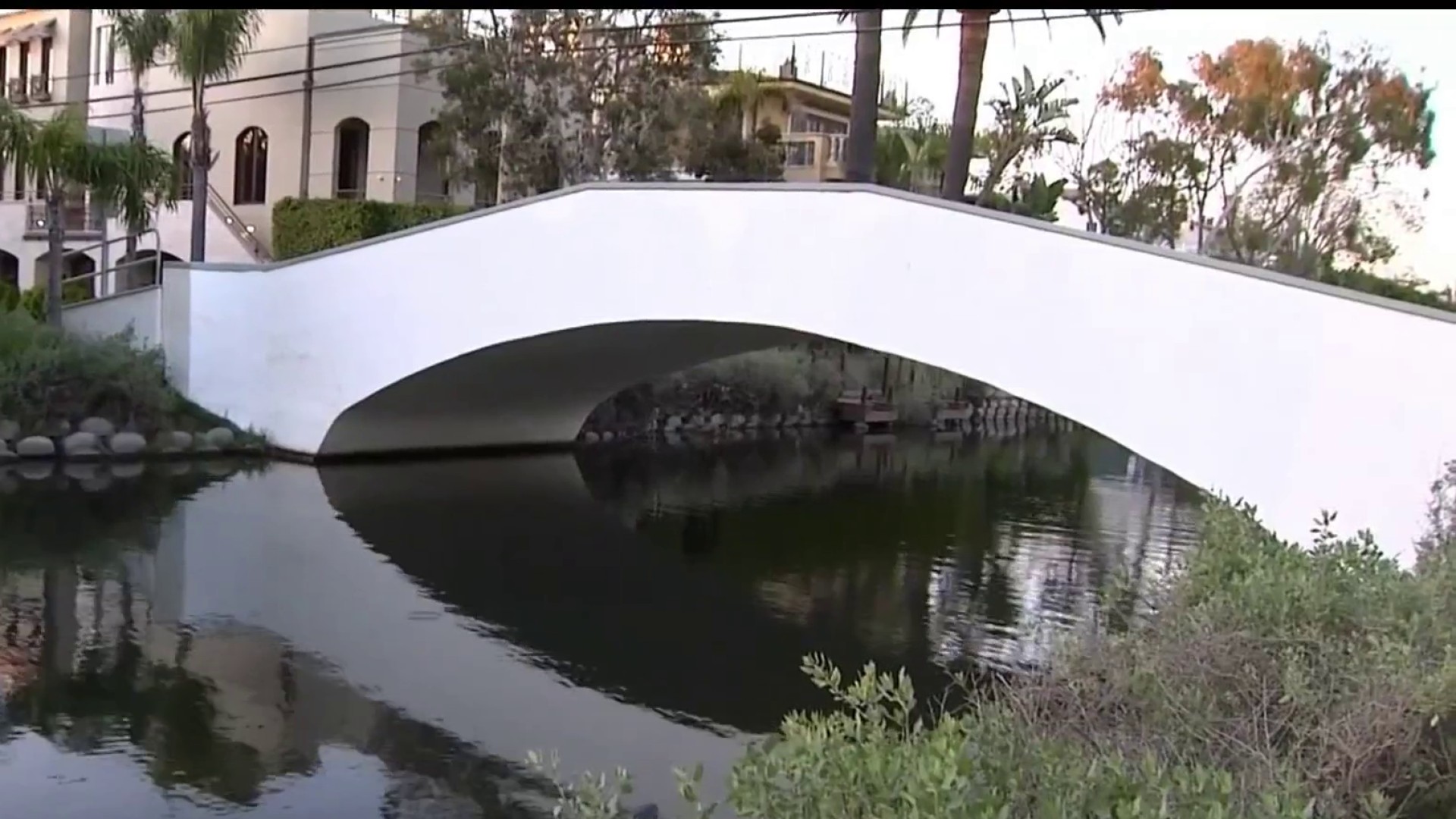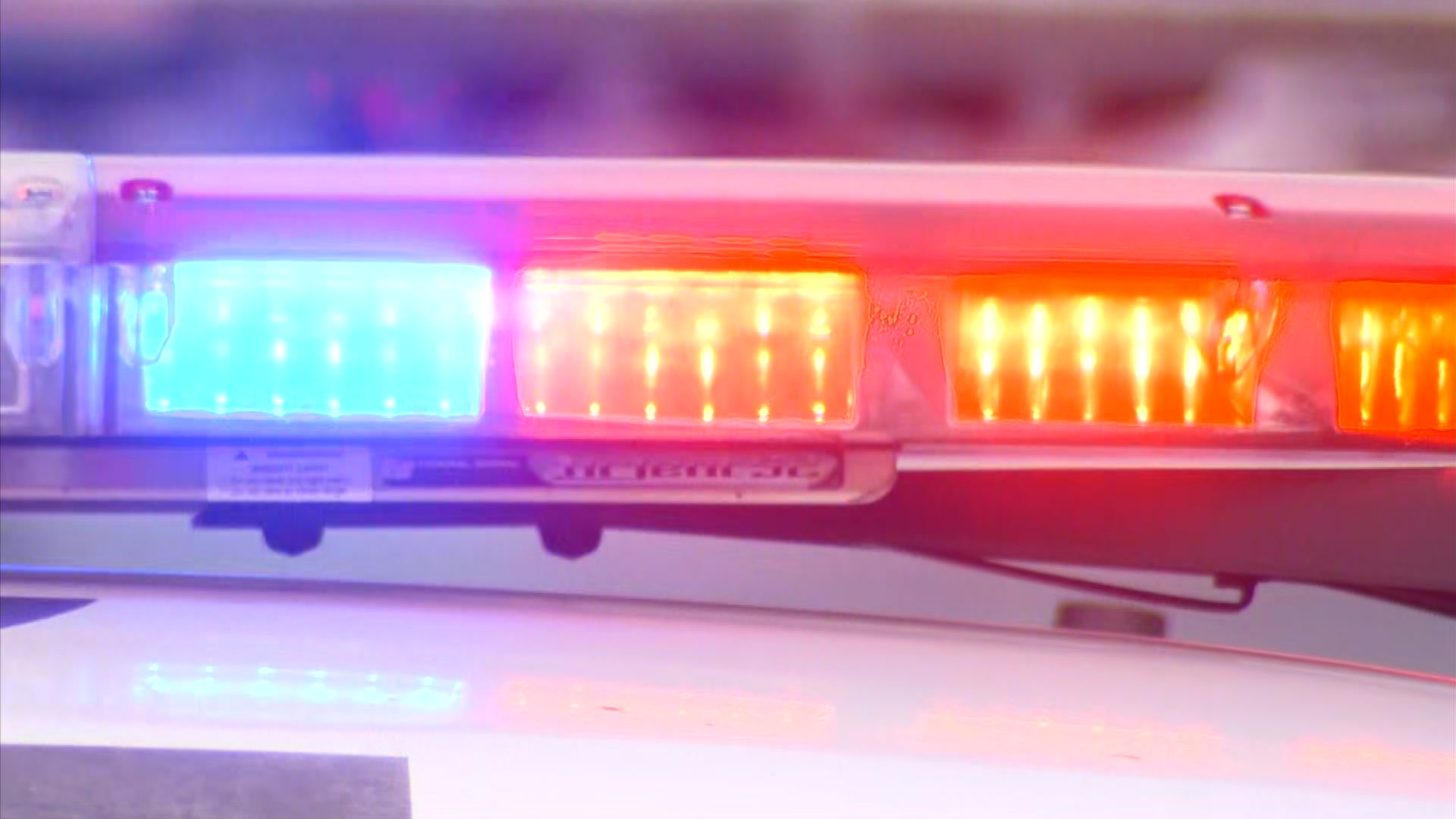
The fight for an open U.S. House seat in a swing district north of Los Angeles provides Republicans with a rare opportunity to gain ground in heavily Democratic California, and the outcome could send a message about where voters place their trust during the coronavirus crisis.
The voting in the special election will take place under highly unusual circumstances, with public campaigning halted last month and government stay-at-home orders in place across the state. Virtually all voters in the 25th District are expected to mail in ballots rather than make a trip to one of a few voting centers that will open sporadically.
Mail-in ballots for the May 12 election began going out Monday.
The toss-up contest between Republican Mike Garcia and Democrat Christy Smith will inevitably be seen as a proxy vote on President Donald Trump’s leadership during the crisis. But the race also is being watched nationally as a test run as more states consider moving to mail-in elections during the virus outbreak and its aftermath.
California will be looking to avoid the problems that plagued last week’s Wisconsin presidential primary, where thousands of voters without protective gear were forced to wait for hours in long lines, while thousands more stayed home to avoid the potential health risks.
The chaos in Wisconsin “should not be a preview for November, it should be a warning,” California Secretary of State Alex Padilla said.
Smith, in an email statement, said “the urgency of this moment cannot be overstated.”
Local
Get Los Angeles's latest local news on crime, entertainment, weather, schools, COVID, cost of living and more. Here's your go-to source for today's LA news.
“We are in the midst of an unprecedented public health and, now, economic crisis where families are losing loved ones and their financial security on a daily basis," she said.
In an telephone interview, Garcia said it’s a “unique experience running for Congress when you are encouraged not to leave the house.”
Garcia, a former Navy fighter pilot and defense industry executive, started his campaign a year ago during comparatively quieter times against a different opponent, then-Rep. Katie Hill, a rising star in the House Democratic leadership.
But Hill resigned amid a House ethics probe into allegations of an inappropriate sexual relationship with one of her congressional staffers.
With the seat vacant, Smith and Garcia topped a crowded field of candidates in the state’s March 3 primary and advanced to separate elections: One, on May 12, to fill the remainder of Hill’s two-year term, and a second in November for the full, two-year term starting in 2021.
The race represents a sharp contrast for voters. Garcia is a Republican Trump supporter promising tax cuts and promoting a strong military, while Smith is a state Assembly member promising to work for improved health care who has been critical of the president and his administration.
Democrats are hoping to hold a seat they captured in an upset in 2018, one of seven in California the party seized that year, helping Democrats reclaim control of the House.
But Republicans, who hold just six of California’s 53 House seats, are eager to get them back. A win by Garcia in the special election next month would establish him as the incumbent and show Republicans can compete in a district where Trump was defeated by Hillary Clinton in 2016.
“It’s been a wild ride,” Garcia said, reflecting on the changes over a year in a campaign that is now overshadowed by the pandemic. Even with residents mostly isolated behind closed doors, “we have to get the vote out,” he said.
Not long ago, the 25th District was solid Republican turf, running through suburbs and rural stretches in northern Los Angeles County, into a slice of Ventura County that includes the Ronald Reagan Presidential Library.
But it has grown gradually more favorable for Democrats, like much of California, and in 2018 Hill claimed what was then the last Republican-held House district anchored in Los Angeles County. Democrats hold a nearly 7-point registration edge in the district.
In the special election primary in March, Democratic and Republican candidates together divided the vote nearly equally, suggesting a tight race ahead. With campaign staples like outdoor rallies and door-knocking off limits, the campaigns have had to shift tactics to reach and motivate voters.
Garcia has held a series of virtual town halls, and he has over 400 volunteers making phone calls to potential supporters. Smith said volunteers have been texting with voters and encouraging supporters to speak with their friends and family, while volunteer meetings are now being conducted over video chat.
The virus outbreak has framed the low-key race with uncertainty, since turnout is expected to be lower and no one knows for sure how many voters will fill out ballots at home.
Another question mark: The stay-at-home orders apparently prohibit any effort by the campaigns to engage in so-called ballot harvesting, a legal practice in California in which operatives collect ballots from voters and deliver them to polling places. Republicans pointed a finger at the practice after the Democratic rout in 2018 House races.
The impact will not be known until after the election.
The 25th District race “is a very unique case, especially regarding ballot harvesting,” said Rep. Tom Emmer, who heads the National Republican Congressional Committee, the campaign arm for the House GOP.
Garcia has been running as an enthusiastic supporter of the president, but so far Trump has not become involved in the race. The president is widely unpopular in California, outside his loyal GOP base.
“Any time Trump gets active in California, it’s a mixed blessing,” said Raphael Sonenshein, executive director of the Pat Brown Institute for Public Affairs at California State University, Los Angeles.
While the president can mobilize conservatives “it can really rile up Democrats,” he added.




